A custom cohort graduate program: what makes the Executive MNR stand out
September 20, 2022

By Lindsay Kuczera
The pandemic has taught us a lot about time management, what we value, and what we want to prioritize for ourselves. Luckily for students entering Virginia Tech’s Executive Master of Natural Resources (XMNR), flexibility and practicality were already at the center of this program. Those who join the XMNR benefit from a hybrid environment and are met with an approach that emphasizes individualized learning and leadership development for tackling environmental sustainability challenges.
This cohort-based, peer-to-peer learning experience focuses on professional and leadership development. Many XMNR students have demanding full-time jobs, which is why the curriculum is designed to help students improve their performance at work and advance their careers. This program is for those looking to expand on their current career or pursue a career change and gain the knowledge, skills, and confidence to have a greater impact in their community and lead systemic change in the world.
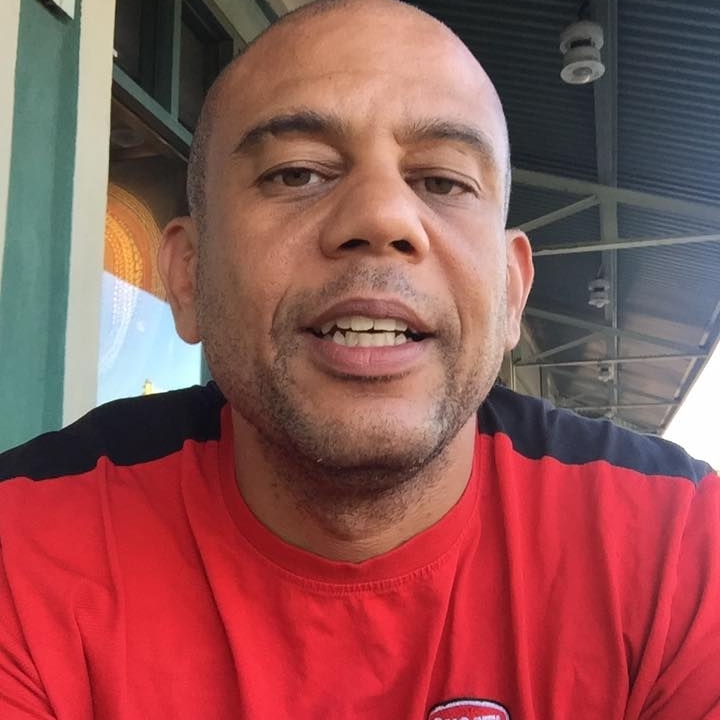
Through real-world case projects, students learn how to apply practical strategies to a variety of sustainability and natural resource issues. And working on these projects provides students with valuable practical experience, work samples, and new professional connections. According to Associate Professor of Practice Gary Barrett, students have opportunities to work directly with organizations in the public and private sectors, and to work with their peers to develop sustainability plans around specific projects. In other instances, students evaluate international case studies and present recommendations for the best outcomes in those scenarios. “These applied projects give the students consulting experience with diverse stakeholders and expands their professional networks,” added Gary. This approach allows students to look at natural resource and sustainability issues through multiple lenses and prepares them for work in a field that is vast, yet interconnected.
An integrated curriculum
The XMNR program provides a highly integrated and accelerated curriculum that maximizes learning by minimizing duplication and reinforcing key lessons through multiple courses and projects. Rather than individual faculty developing and teaching courses independently of one another, the XMNR faculty devote hours of planning to carefully coordinate material so students can successfully learn and accomplish as much as possible in one year.
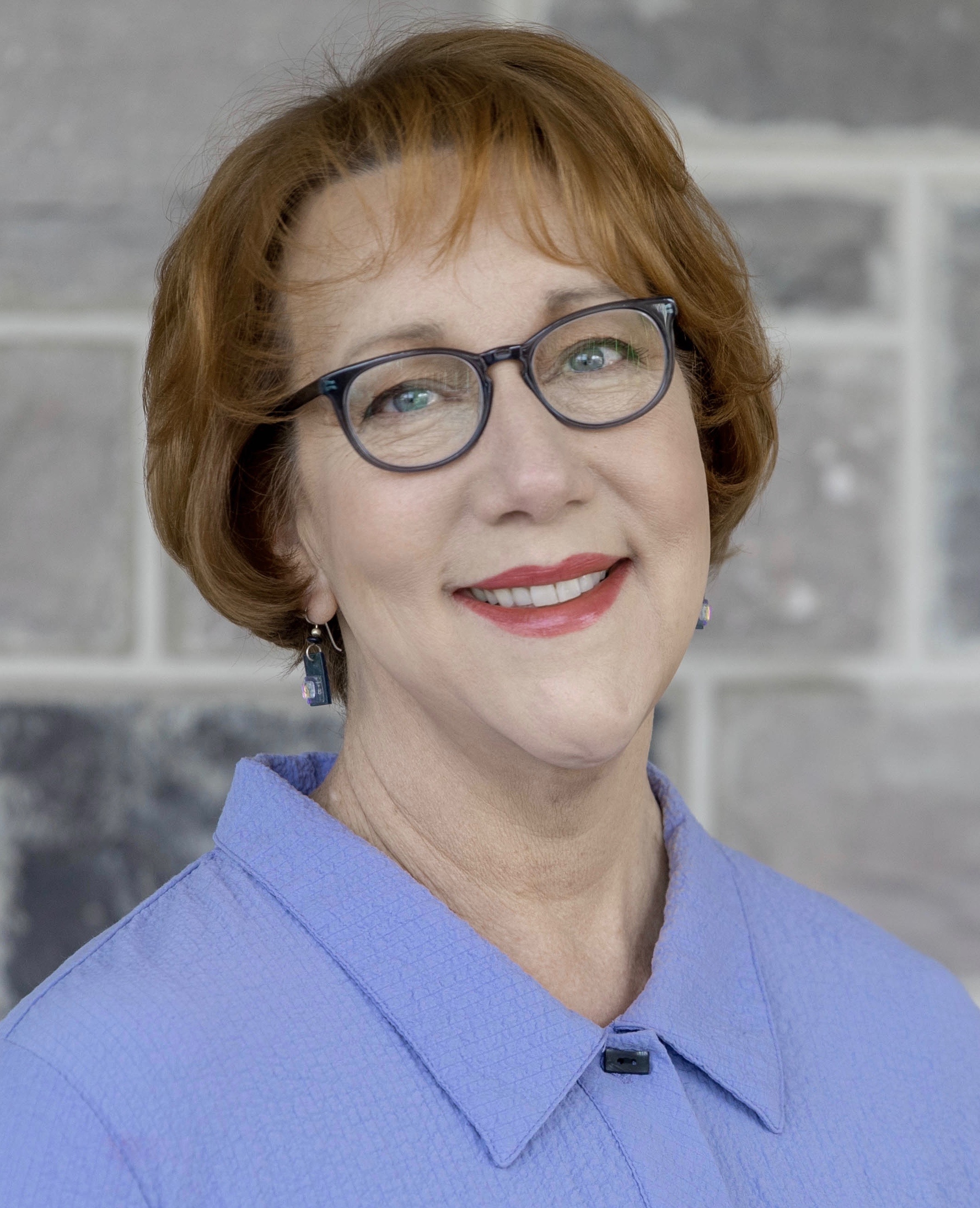
Students also gain a systems perspective on sustainability and leadership challenges by learning and applying system mapping, thinking, analysis, and innovation skills to real-world challenges like climate change, food and agriculture, water and energy security, urbanization, and business supply chains. Students learn to communicate effectively about these complex systems challenges by collaborating with specialists like XMNR faculty Patty Raun, whose work focuses on communicating science to diverse stakeholders. Raun notes that her background as an actor contributes to her work as the Director of the Center for Communicating Science at Virginia Tech. “The most pressing issues in our world today are focused around making the work of specialists legible to the broader public. I bring tools of human connection to people who need to communicate outside of their own discipline—to build their muscles of empathy, spontaneity, responsiveness, and confidence.”
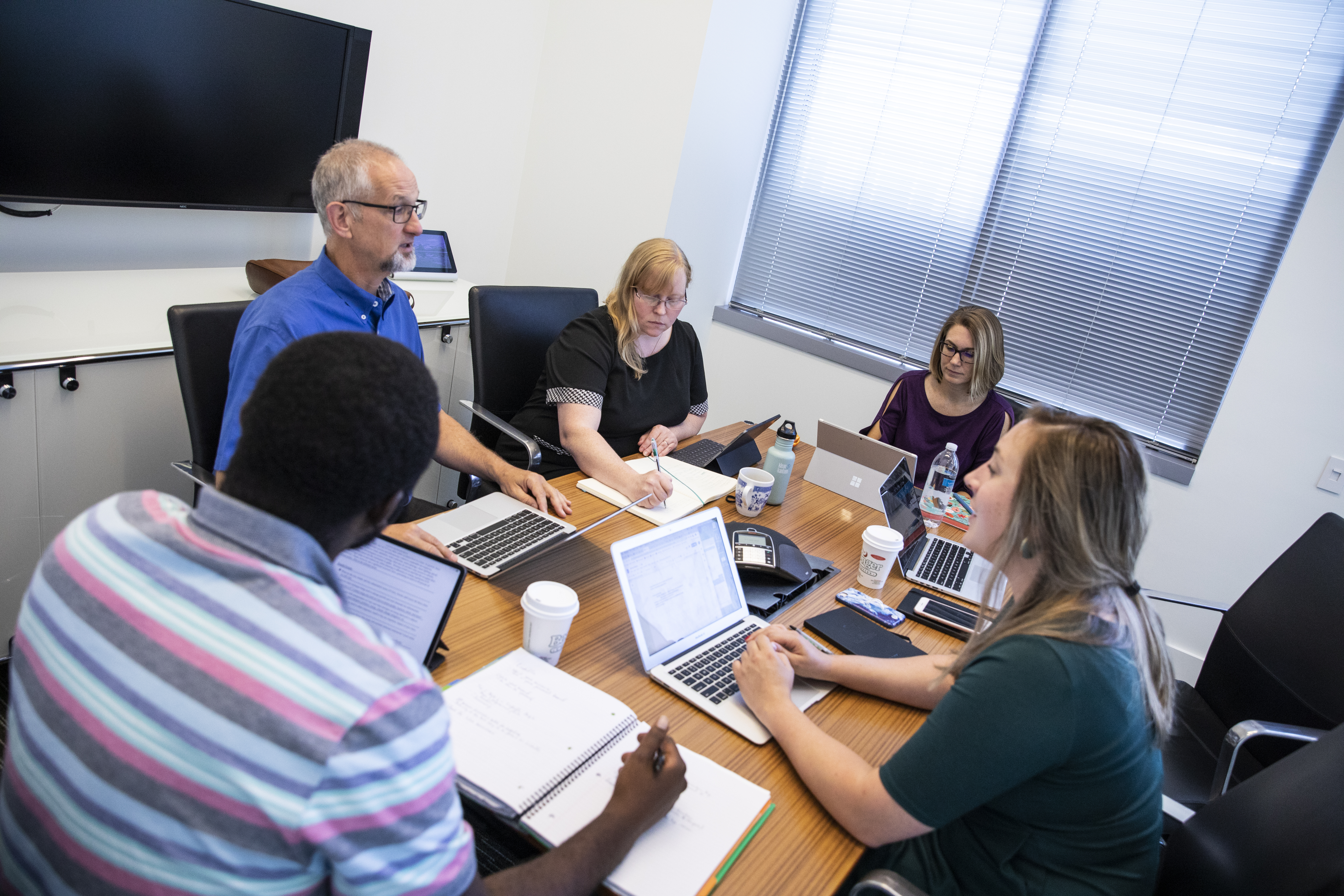
The XMNR classroom is a cooperative learning environment that reflects the diversity and complexity of the workplace. “I helped design the XMNR curriculum and teach there every year. It is a highlight of my teaching career because students are highly motivated, bring real world experiences to class, and represent organizations from business, government, and civil society,” said faculty member Dr. Bruce Hull.
Career and professional development
The XMNR program equips students with the credentials, competencies, connections, and confidence to become more effective sustainability leaders. The program also provides 1:1 career and leadership coaching opportunities, practical job skills, and networking and relationship building among cohort, faculty, alums, expert panel speakers, and project sponsors.
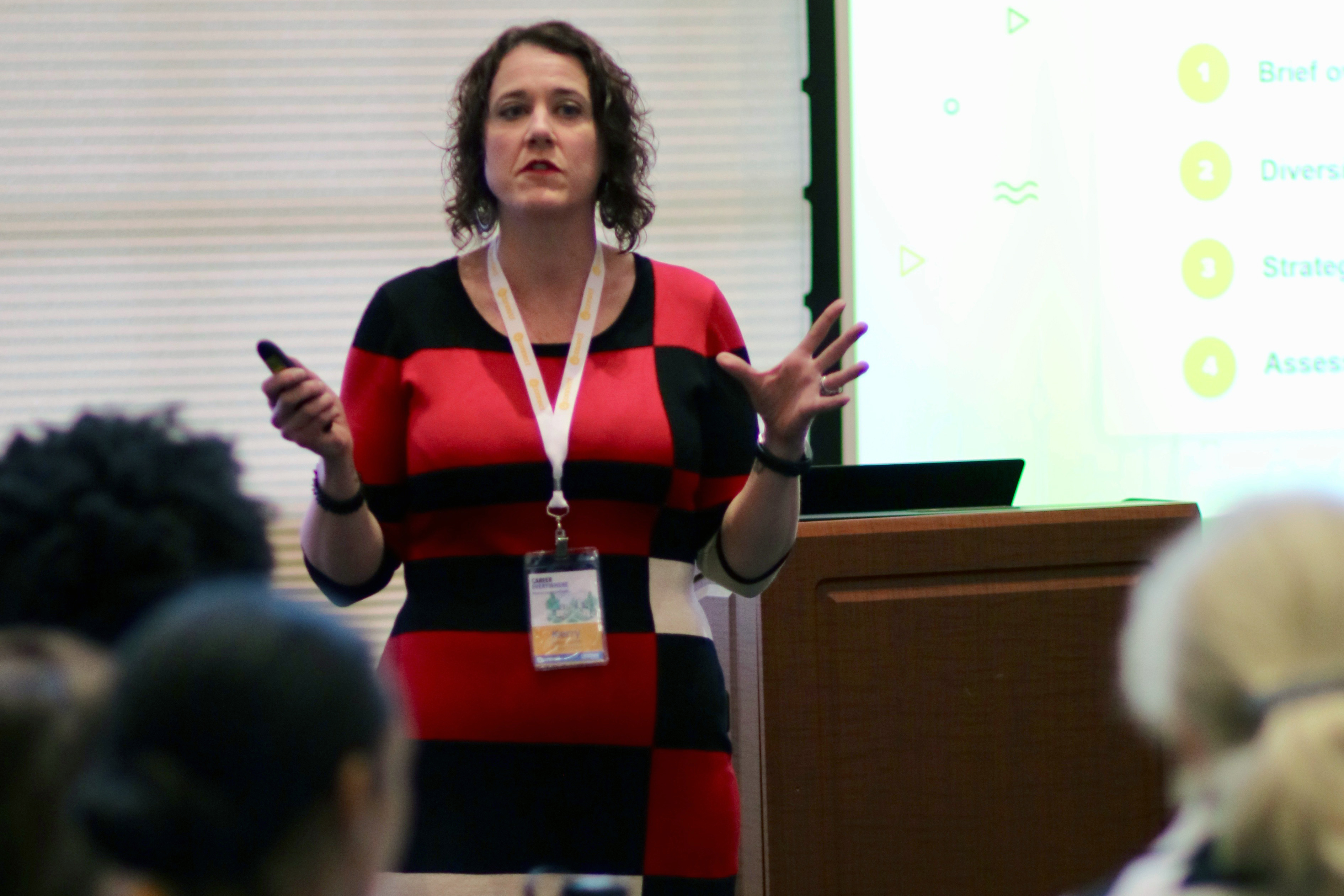
Kerry Spitze, XMNR career advisor, recognizes how career services play an important role in guiding students toward their personal and professional goals. “Through connecting with the Office of Career & Professional Development, we can introduce students to a wide range of resources and best practices, as well as work in collaboration with students to develop personalized career management strategies and help boost confidence levels,” she said.
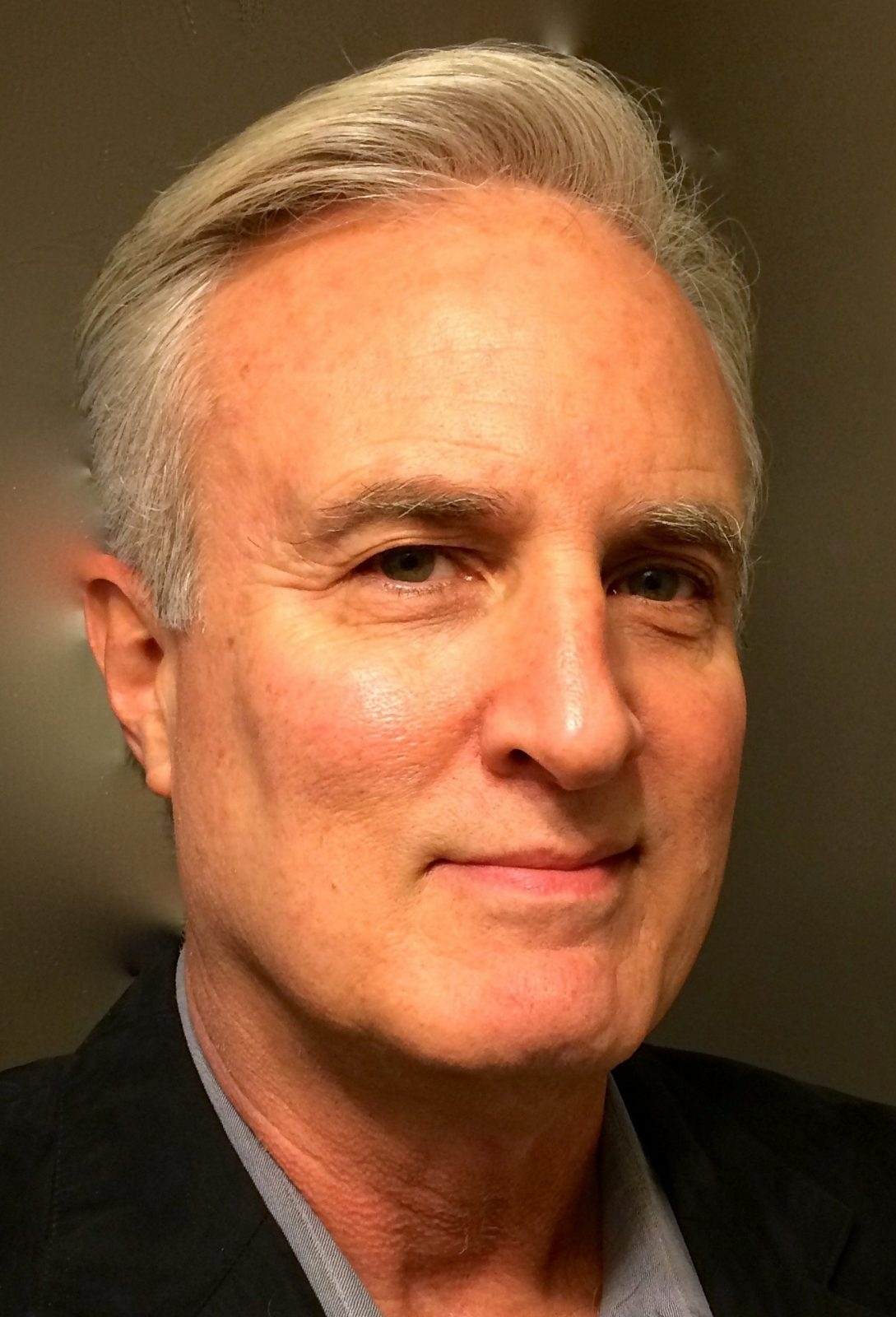
Whether students are in the beginning of their careers, seasoned professionals, or looking to make a career pivot, the XMNR program can help them achieve their goals. “Many of our students’ career pivots began by discovering their talents through counseling, meeting the right people, or learning about the right opportunity in our classroom,” said XMNR Professor of Practice, Jerry Abrams.
Individualized learning
The curriculum can be personalized to meet career goals. Students have space and time to discover their passion and niche in the sustainability field, gain expertise, and develop work samples. A key part of the XMNR experience is the Individual Development Process (IDP), which includes an independent project based on each student’s professional goals or interests and closely advised by an XMNR faculty member.
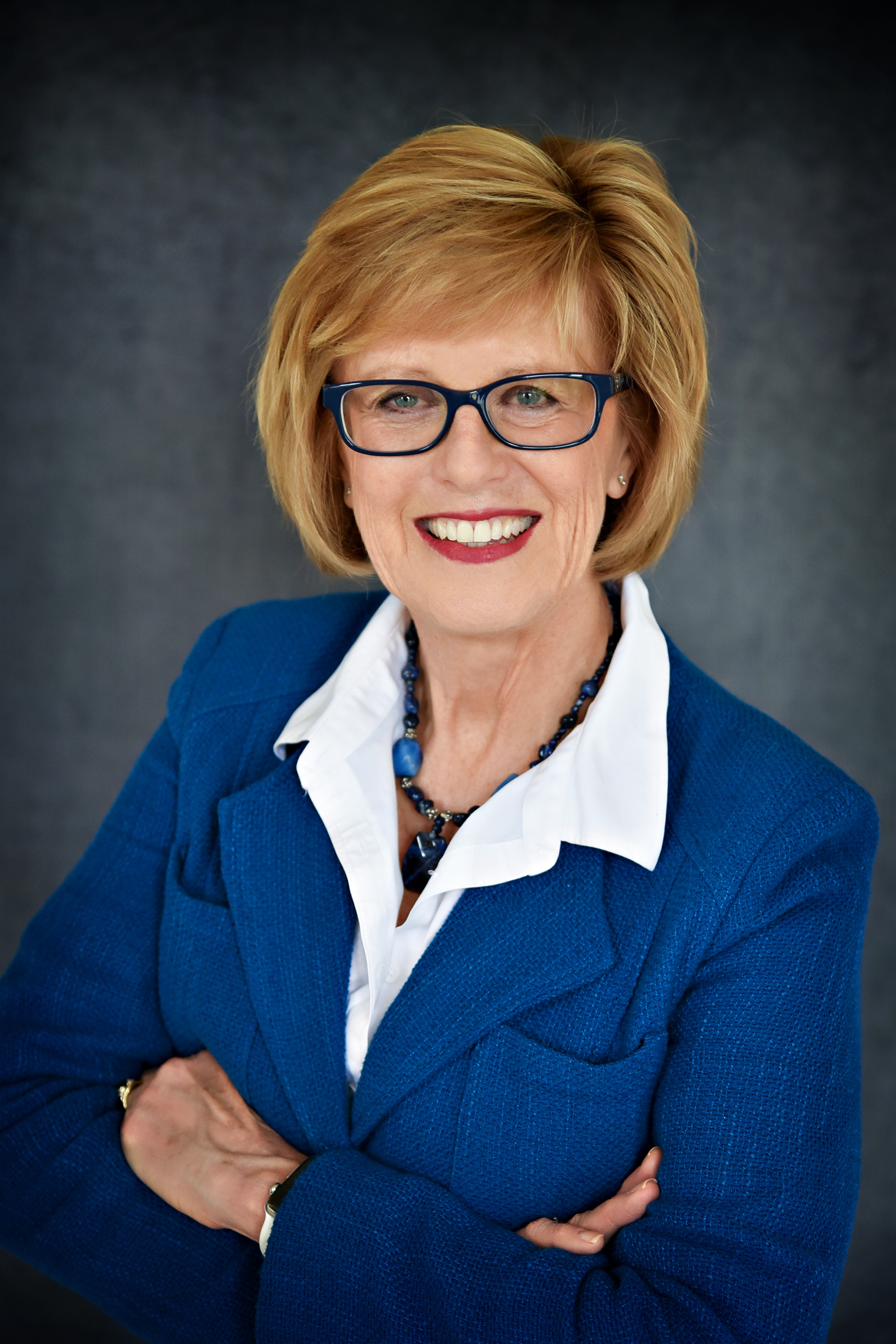
“The guidance students receive during their IDPs often leads to career- and life-altering insights, realizations, and relationships built along the way,” added Professor of Practice and career coach, Kathy Miller Perkins.
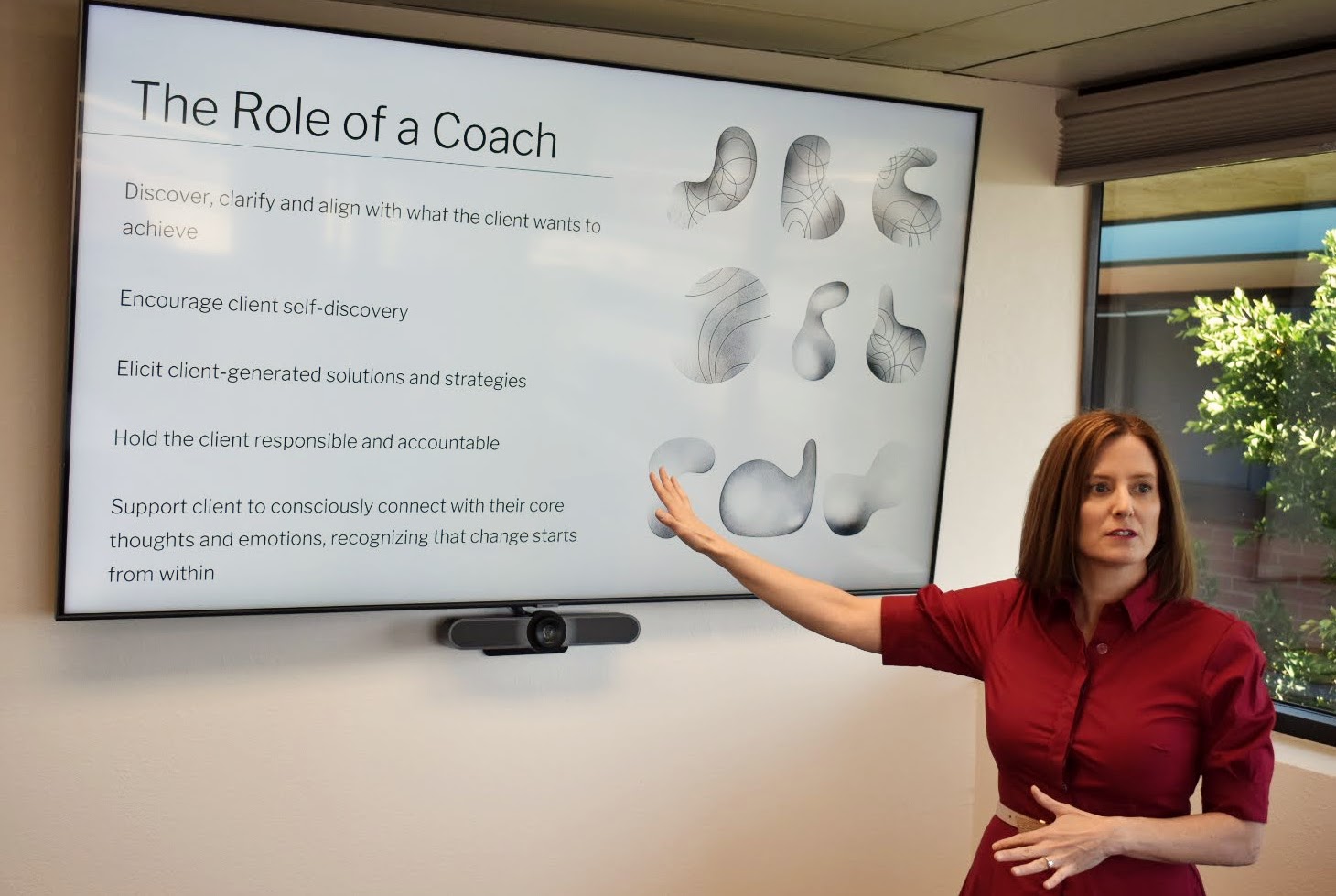
XMNR career coach and Associate Professor of Practice Susan Apollonio further added, “The IDP allows students to integrate content from across the curriculum for individualized learning and growth. One-on-one coaching and self-reflection tools increase student self-awareness about their unique leadership competencies and areas for new learning and growth. As they progress through the year and gain a deeper understanding of their values and strengths, the IDP provides students with opportunities to conduct fieldwork or research that will best serve their professional objectives for a career in sustainability.”
An international perspective
A popular aspect of the XMNR program is the opportunity to travel abroad and engage with real-world global sustainability challenges. Students will be immersed in a new culture and learn about the work of sustainability professionals around the world on this 10-day global study trip alongside their cohort and faculty.

“Engaging with real people working on real sustainability challenges in global settings is a powerful way to learn, network, and be of service,” said Holly Wise, Professor of Practice for the XMNR program.
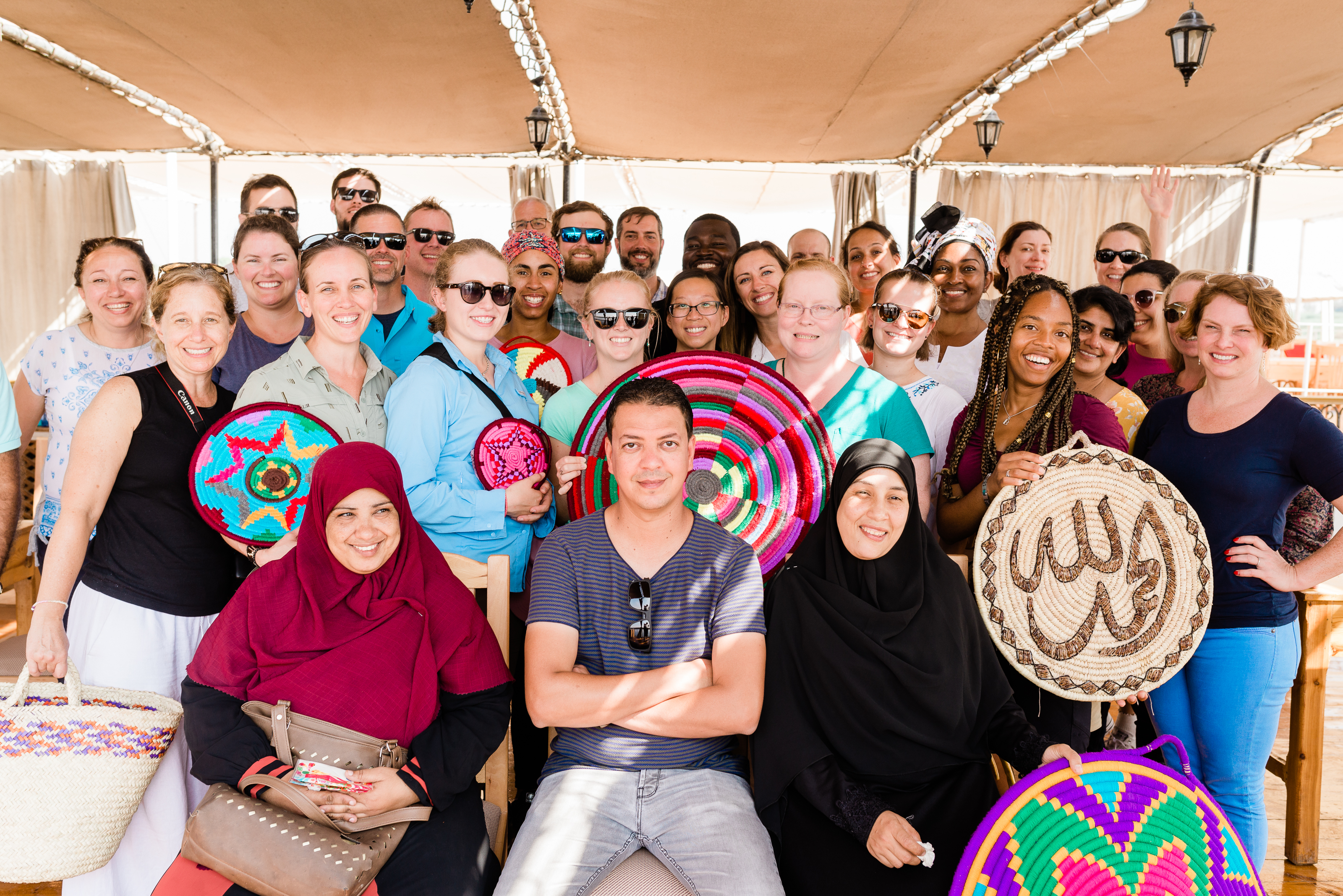
Learn more about the Executive Master of Natural Resources program and our students and alums.


